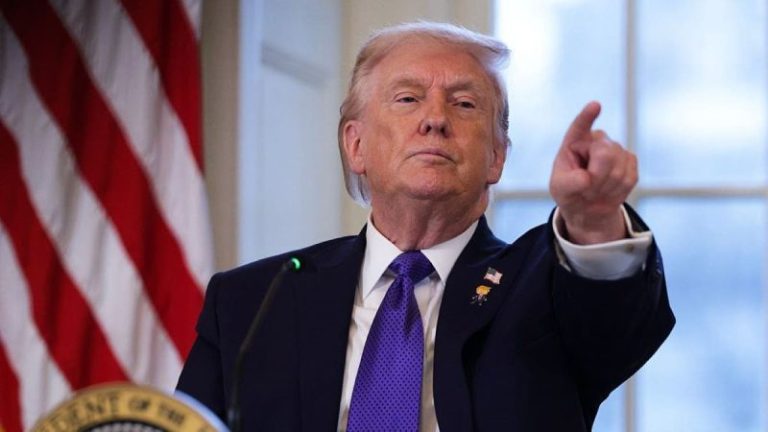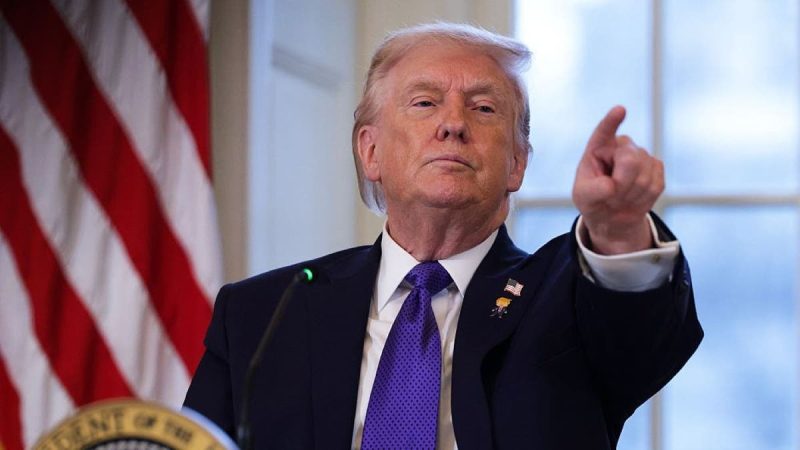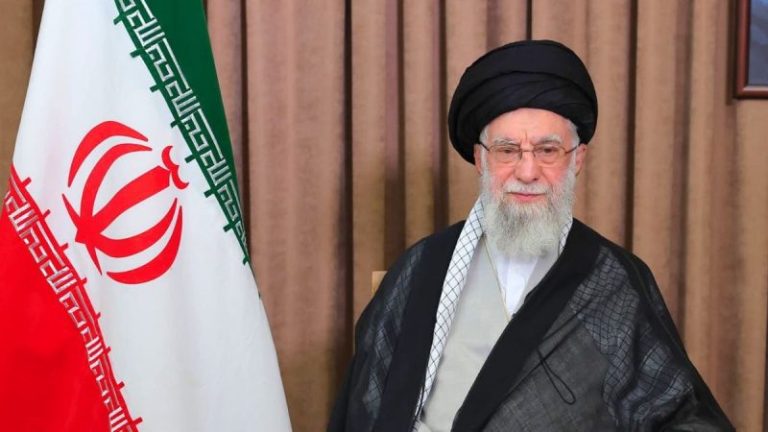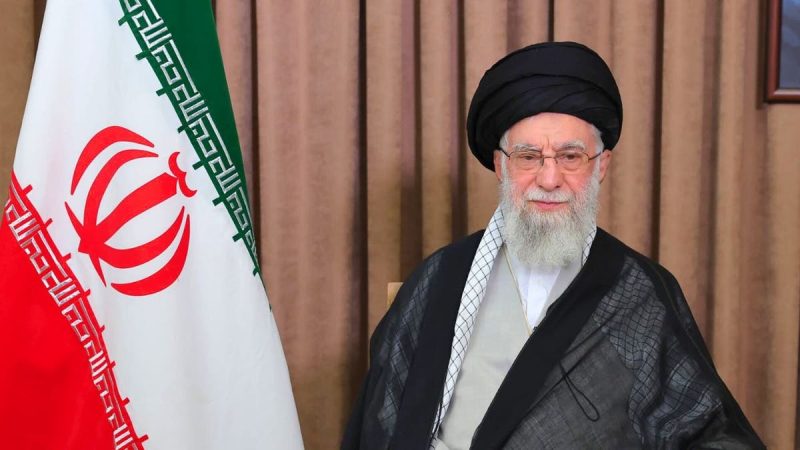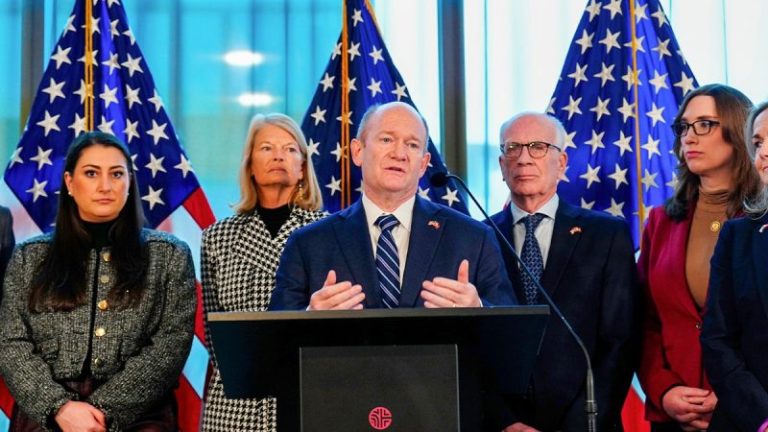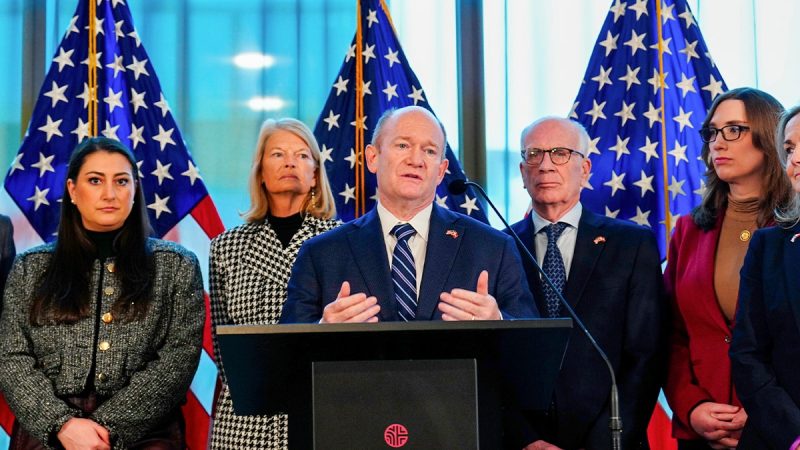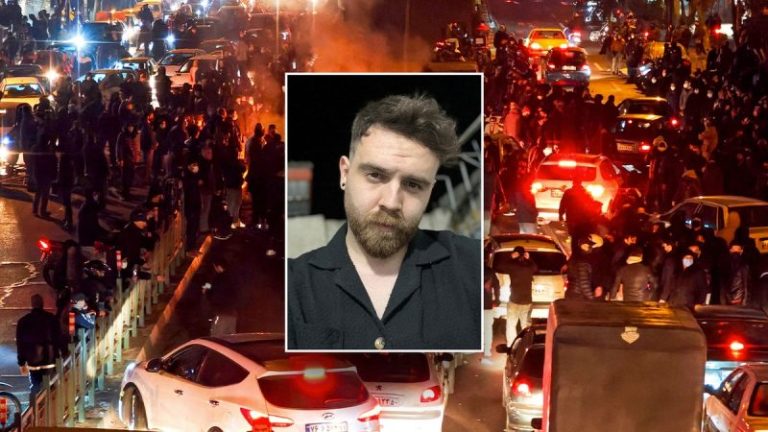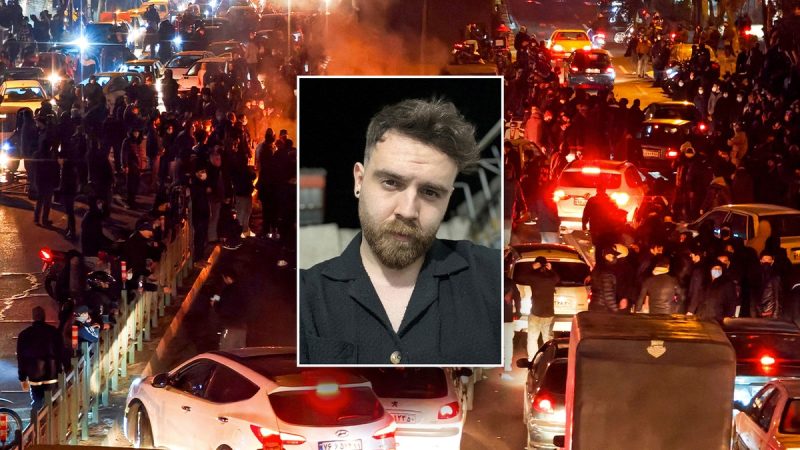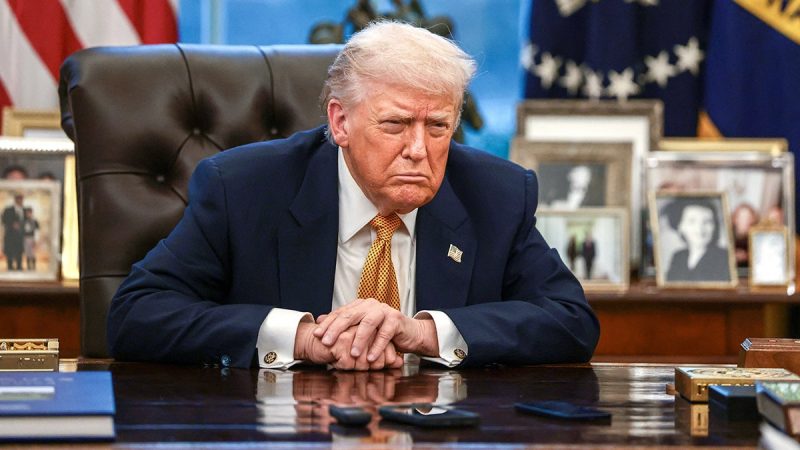
Russia is preparing to target Europe’s biggest nuclear power plant’s power lines in a move that could unfold within days, according to a source familiar with the matter.
Ukrainian officials had said Moscow’s plan was focused on high-voltage transmission infrastructure rather than direct strikes on nuclear reactors, but a source has since claimed the Zaporizhzhia Nuclear Power Plant lines (ZNPP) are Moscow’s focus.
In a statement released Jan. 17, the Main Directorate of Intelligence of Ukraine’s Defense Ministry (HUR) had warned that Russia was weighing attacks on substations critical to nuclear power generation.
‘In order to force Ukraine to sign unacceptable surrender demands to end the war, the aggressor state Russia is considering the option of attacking strategic facilities of our state’s energy system — we are talking about electricity transmission substations that ensure the operation of Ukrainian nuclear power plants.’
‘The threat is at ZNPP,’ a source told Fox News Digital. ‘There are talks of a massive attack either tonight or in the coming nights,’ the source said on condition of anonymity, adding that ‘the talks within the Ukrainian government are about ZNPP and the lines, and these talks have not been for the first time.’
According to The Associated Press, Russia also targeted energy infrastructure in Odesa region overnight Sunday, according to Ukraine’s Emergency Service.
ZNPP is located in southern Ukraine and consists of six VVER-1000 pressurized water reactors, and has been under Russian occupation since March 2022, according to reports.
Although the reactors are no longer producing electricity, the plant needs external power to maintain cooling and safety systems.
The IAEA has repeatedly warned that disruptions to off-site power supplies and lines pose a serious nuclear safety risk.
A Jan. 16 localized ceasefire was agreed between Russia and Ukraine for repairs under IAEA coordination on one backup power line at ZNPP that had already been damaged.
In a statement, IAEA Director General Rafael Mariano Grossi said Jan. 16: ‘The IAEA continues to work closely with both sides to ensure nuclear safety at the ZNPP and to prevent a nuclear accident during the conflict. This temporary ceasefire, the fourth we have negotiated, demonstrates the indispensable role that we continue to play.’
‘A deterioration of Ukraine’s power grid from persistent military activity has direct implications on the nuclear safety of its nuclear facilities,’ Grossi said.
‘Russia is said to be going to do this strike, maybe even tonight,’ the source said of the ZNPP operation.
‘Information also from the Ukrainian Parliament and Ukrainian Security Service, or internally, is that the Russian army told the Ukrainian army that if they don’t stop shelling their tankers in the sea or shelling their oil refineries, as well as their electric stations like power stations,’ the source said, ‘then they will fully destroy Kyiv energy facilities aswell.’
‘The parliament knows this. But we keep shelling,’ the source added.
‘This is a very difficult situation,’ the source continued, saying Ukrainian leadership, the Ukrainian parliament and ‘obviously the office of the president’ are fully aware that ‘if we keep shelling Russian tankers and oil refineries, then they will destroy everything that we have.’
President Volodymyr Zelenskyy also recently urged NATO allies to urgently deliver additional air-defense missiles, warning that some systems are running low on ammunition, according to reports.
‘To actually preserve the energy in the country when it is minus 20 outside and people are literally suffering hugely,’ the source added. ‘People don’t have electricity, don’t have warmth and some don’t even have water.’
‘And this is a very controversial situation,’ the source said, ‘particularly for the Ukrainian people sitting inside, hungry and freezing, and overall being in this disastrous humanitarian situation.’
Fox News Digital has reached out to President Zelenskyy’s office for comment.








